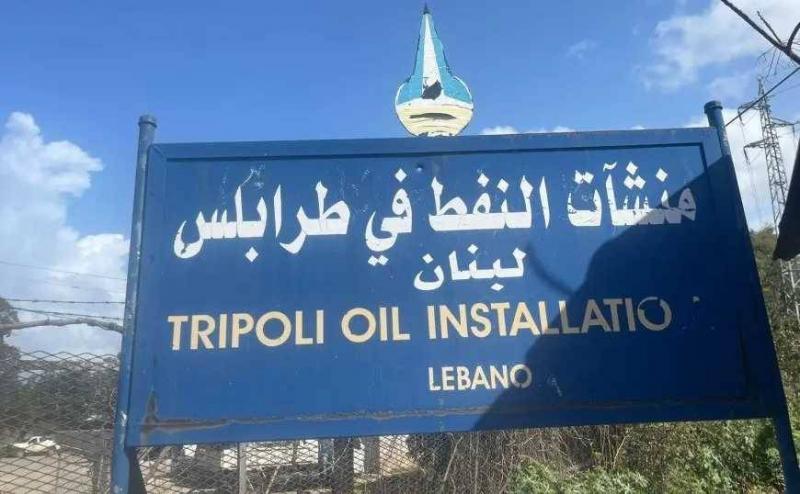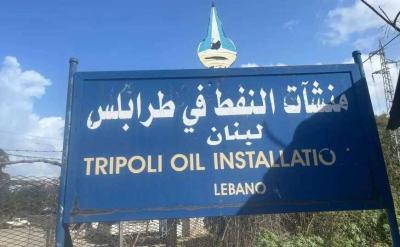It seems that Lebanon, with its facilities and ports, has turned into ticking time bombs, stripped of safety valves, waiting for someone to intervene directly or through other means for them to explode and cause new disasters, similar to the earthquake that struck Lebanon on August 4 when the Port of Beirut was detonated, claiming innocent lives and turning the main economic artery into dust. The same situation nearly repeated in Tripoli, but the swift intervention of the army prevented a catastrophe due to any hostile or negligent act.
Following the uproar over hazardous materials at Tripoli facilities, an official source clarified to "Anbaa" Kuwait that on February 10, 2021, an engineering team from the army visited the aforementioned facilities and inspected the chemical materials stored inside. It was found that there was an unlisted storage unit containing explosive materials, which were ordered to be removed within 24 hours. The next day, on February 11, 2021, the materials were separated under the supervision of the deputy director of the oil facilities in Tripoli, Hadi Al-Husseini.
The source added that the matter did not end there; on July 3, 2021, experts from Germany visited the facilities and organized a report for the German company stating that the mentioned materials were hazardous and flammable, while the unknown materials found inside the facilities needed to be collected in special containers, ensuring that the packaging process follows safety rules to prevent any accidents. About 75 containers were required for their disposal and to ensure no leakage while awaiting their removal from Lebanese territory to maintain public safety. It was noted that the necessary legal actions were taken in coordination with the northern public prosecution under Judge Nabil Wahbi, who listened to Hadi Al-Husseini, who sent a letter to the General Directorate of Oil based on the request of the competent judiciary to decide on the disposal of materials that were found to be old and to assess their danger if inhaled or scattered. The Minister of Energy and Water sent a letter to the President and the General Secretariat of the Council of Ministers to take appropriate action regarding the removal of these materials, based on the report from the German company.
The source indicated that as a result of the inspection on August 28, 2023, the following was discovered:
1. A large number of chemical materials of various types and hazard classifications exist in the Tripoli refinery, some of which are flammable, while others are corrosive.
2. In terms of safety considerations, these materials are stored inside containers, most of which are in poor condition and are housed in old buildings that lack fire extinguishing systems.
3. Regarding security, some of these materials are stored in external yards while others are in open storage, making them relatively easily accessible, especially since these facilities are almost abandoned.
4. These materials, in their current state, do not pose a danger to public safety if not tampered with; however, the weak security and safety measures may lead to accidental or intentional incidents that could result in toxic emissions harmful to public health and the environment, noting that these two facilities are located near densely populated areas.
The source pointed out the following proposals:
First: To work on repackaging and removing these materials by a specialized company as soon as possible.
Second: To improve security measures (increasing guard points and storing materials in closed places) and safety (installing extinguishing systems at storage points) until the company tasked with the removal process begins its work.
The source emphasized that "all necessary actions required by the army have been taken, and it remains for the relevant authorities to expedite the removal of these materials to the required destination," according to "Anbaa" Kuwait.




